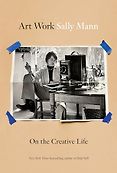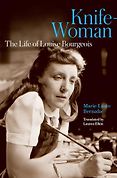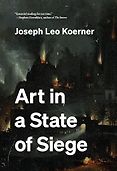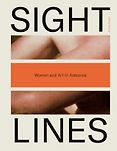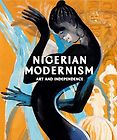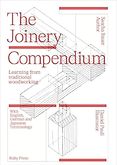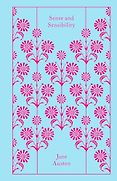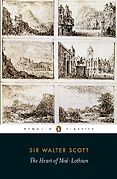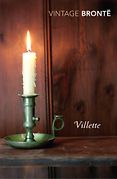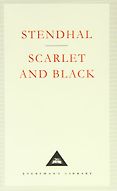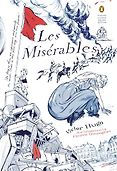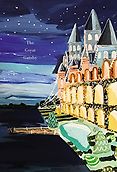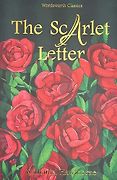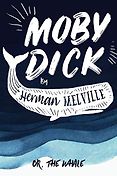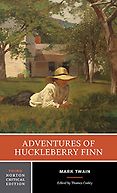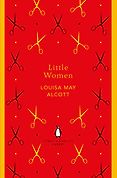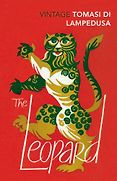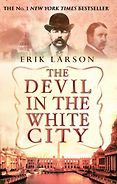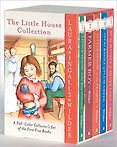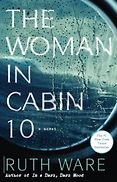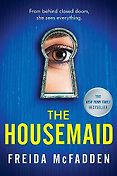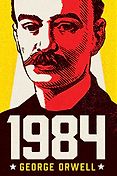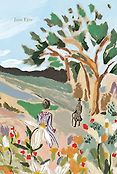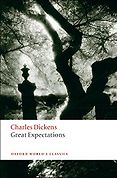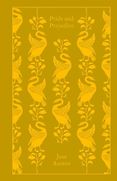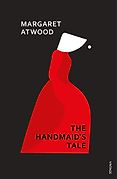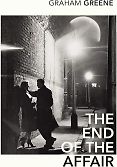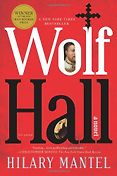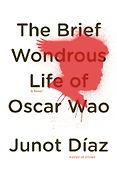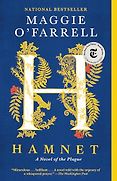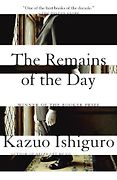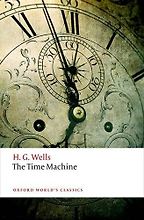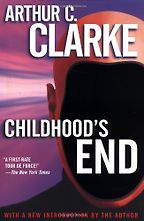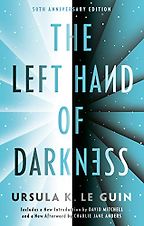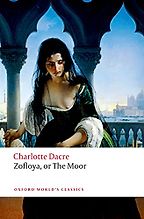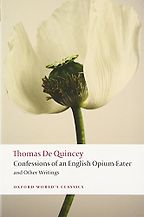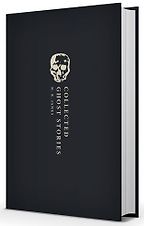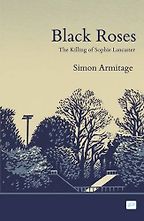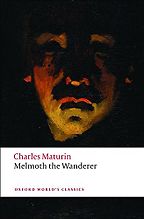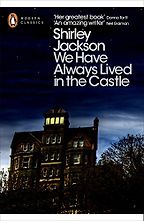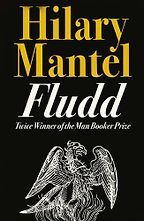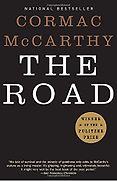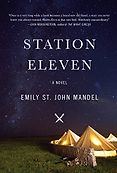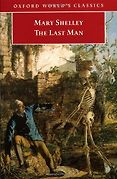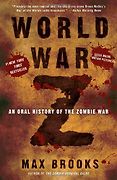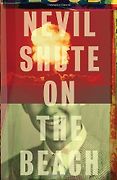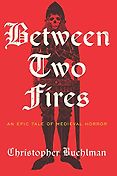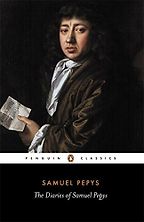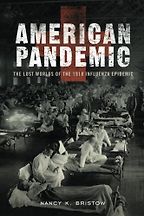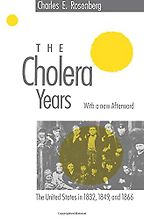
Books by Mary Shelley
Mary Shelley is most famous for writing the novel Frankenstein. “It wasn’t published till 1830, but she had the idea and wrote the story when she was nineteen years old.”
“One of the things that I actually find paradoxically comforting about The Last Man is that it’s so much worse than even the worst predictions about coronavirus. But while The Last Man is a work of fiction, it does capture some central ideas about epidemics that were ubiquitous in the early nineteenth century.” Read more...
Books on Living Through an Epidemic
Alex Chase-Levenson, Historian
“It wasn’t published till 1830, but she had the idea and wrote the story when she was nineteen years old, 200 years ago, in 1816…Frankenstein has a reach of imagination that is almost hysterical. She was able to pluck this idea both from her imagination and her understanding of science. She understood what Erasmus Darwin—Charles Darwin’s grandfather—was doing: experiments with electricity and the re-animation of dead objects. She was fantastically well-read, she was terribly intellectual, she was a political radical. She had no truck with modesty and restraint, or doing what was expected of her. She was going to let her imagination go as far as it possibly could. Then she defended it.” Read more...
Sarah Perry, Novelist
Interviews where books by Mary Shelley were recommended
-

1
Art Work: On the Creative Life
by Sally Mann -

2
Knife Woman: the Life of Louise Bourgeois
by Marie-Laure Bernadac -

3
Art in a State of Siege
by Joseph Leo Koerner -

4
Sight Lines: Women and Art in Aotearoa
by Kirsty Baker -

5
Nigerian Modernism
by Osei Bonsu -

6
The Joinery Compendium: Learning from Traditional Woodworking
by Daniel Pauli & Sascha Bauer
Beautiful Books of 2025, recommended by Romas Viesulas
Beautiful Books of 2025, recommended by Romas Viesulas
The art of bookmaking is alive and well. Which art, architecture, design and photography books have we added to our library in 2025? Romas Viesulas, art & architecture editor at Five Books, takes us through his personal choice of beautiful reference books to add visual and conceptual interest to any well-appointed bookshelf.
The Best 19th-Century Books
The 19th century was a golden age for books, with the flourishing of great realist novels, as well as epic adventure stories and what would turn out to be distinct genres, including sci-fi, horror, and mystery. It was also an important time for the history of ideas, with the publication of key books that would change the world, and how we view it, forever.
Public Domain Books
Public domain books are books on which the copyright has expired, which means they are often available for free on the internet. Copyright rules vary by country, but some of the classics of literature were written more than a century ago and are now in the public domain.
Books Becoming Movies in 2025
As a way of choosing books, selecting those that are being made into movies should be a good way to go. Why spend millions bringing a book to the screen unless it has an unusually spellbinding plot or is a particularly wonderful evocation of a time and place? Below are some of the books film directors have seen worthy of turning into movies in 2025.
Classic Horror Books
Do you love scary stories? We put together a list of horror novels that have been recommended on Five Books over the years—books we think every horror fan should read before they die. How many have you read?
Ten Classic British Novels
Since Five Books was set up in 2009, we’ve interviewed more than 2,000 experts on all manner of subjects. Here’s our roundup of the ten classic British novels that have been recommended most often, starting with Middlemarch, described by Virginia Woolf as “one of the few English novels written for grownup people”.
Great Actors Read Great Novels
If you enjoy listening to books as audiobooks, it’s a great time to be alive. From Rosamund Pike narrating Pride and Prejudice, Jeremy Irons reading Lolita to Meryl Streep telling the story of Heartburn, many prominent actors have signed up for performing their favourite books in unabridged versions.
Science Fiction Classics, recommended by Adam Roberts
The best sci-fi explores humanity’s anxieties and concerns and is, in some sense, about the future—but it doesn’t try to predict what’s to come. Literature professor and sci-fi writer Adam Roberts, author of The History of Science Fiction, recommends five classics of the genre.
The best books on The Gothic, recommended by Nick Groom
‘The Gothic’ can refer to ecclesiastical architecture, supernatural fiction, cult horror films and a recent subculture. Here, Nick Groom—who is professor in English at the University of Exeter and is also known as the ‘Prof. of Goth’—recommends five of the best books on the Gothic, showing how this term remains central to the way we think of our identities today.
The Best Gothic Novels, recommended by Sarah Perry
The Gothic puts flesh on the bones of our darkest fears, British novelist Sarah Perry tells Five Books. Here, she chooses five favourite novels in this ‘irresistible’ genre.
The Best Post-Apocalyptic Novels
Do you take perverse pleasure in reading about the end of the world as we know it? Us too. Here, we’ve gathered together a selection of the best post-apocalyptic novels ever to appear on Five Books to help you choose your next horrifying, exhilarating literary parlay into armageddon.
Books on Living Through an Epidemic, recommended by Alex Chase-Levenson
The Covid-19 crisis is often described as an ‘unprecedented’ event, but in the past outbreaks of virulent disease were much more a part of our lives. Historian Alex Chase-Levenson, author of The Yellow Flag, recommends five books that focus on the experiences of those living through an epidemic.


